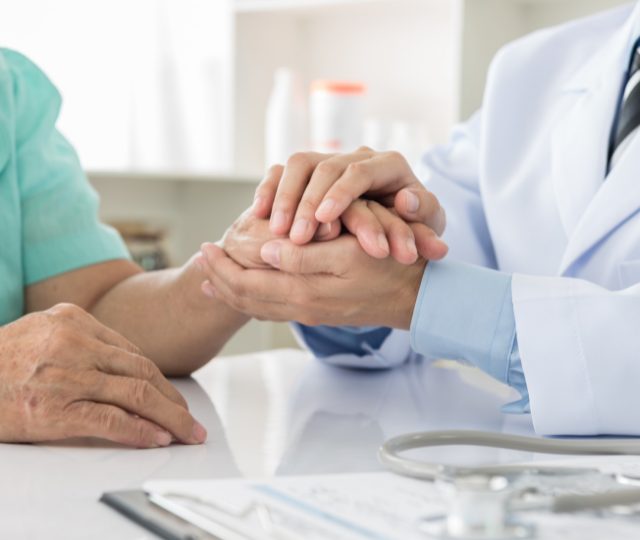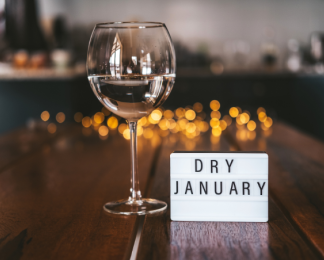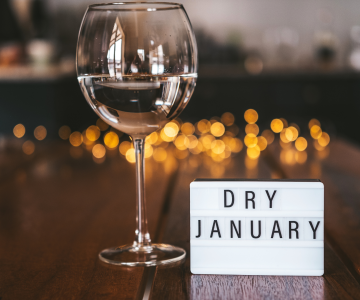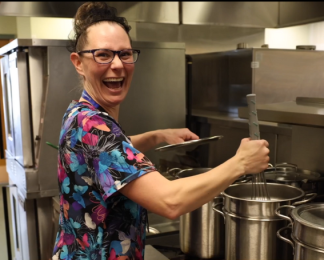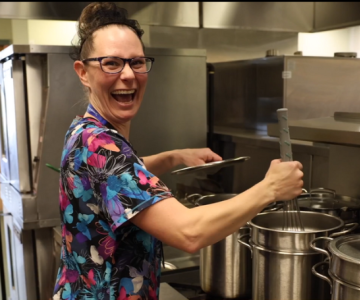Reporting and responding to hazards, near misses and adverse events
When harm occurs, patients will have clinical, psychological, and practical needs. Providing and receiving healthcare requires a trusting relationship between providers (employees & medical staff) and patients. To ensure that you can support and treat patients and their families with dignity, respect, compassion and empathy, IH Patient Safety has developed an infographic outlining the standard approach when responding to harm.
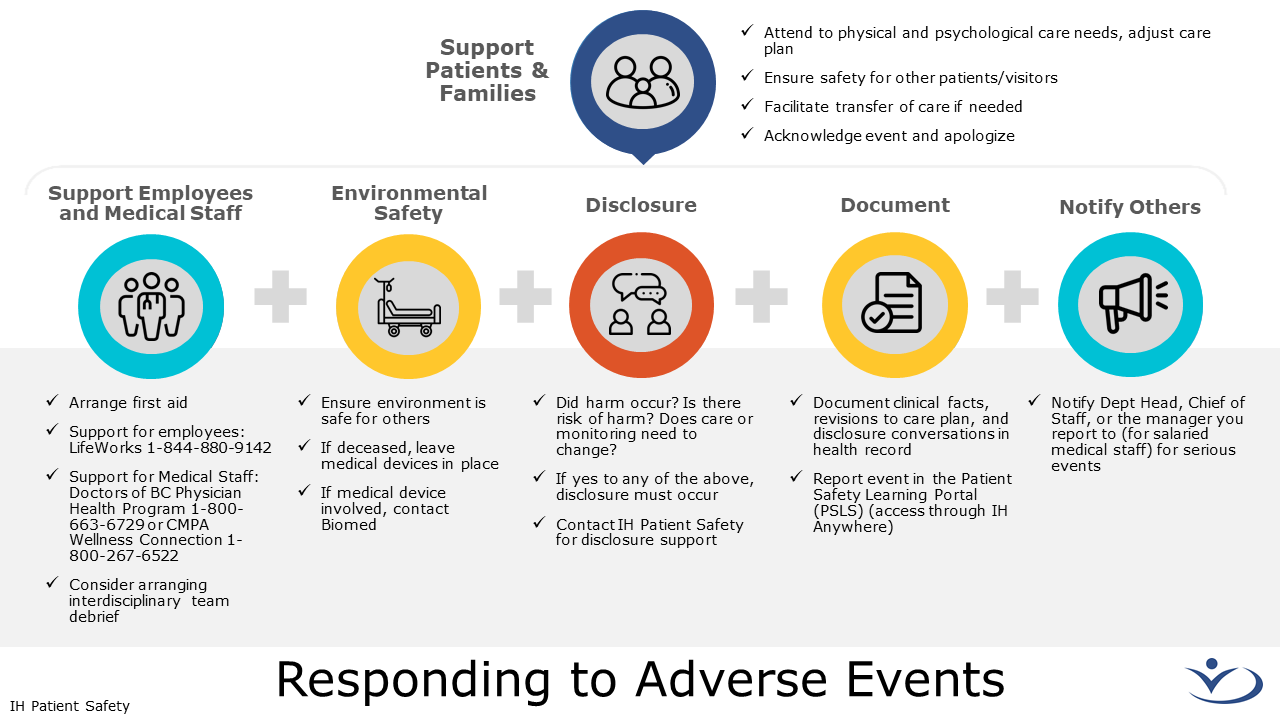
IH AK4000 Policy for Recognizing and Responding to Hazards, Near Misses and Adverse Events
